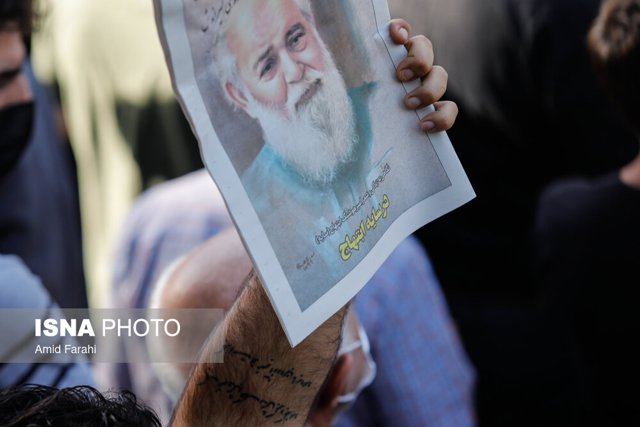[custom_adv]
Suffused with romance and melancholic longing, his body of work was not regarded as overly political. But socialist politics were central to Ebtehaj’s identity. He sympathized with Iran’s Communist Tudeh Party, and paid the price after the the overthrow of secular Western-backed monarchy in 1979. During the young Islamic Republic’s crackdown on leftists and liberals after the revolution, Ebtehaj landed in prison for nearly a year.

